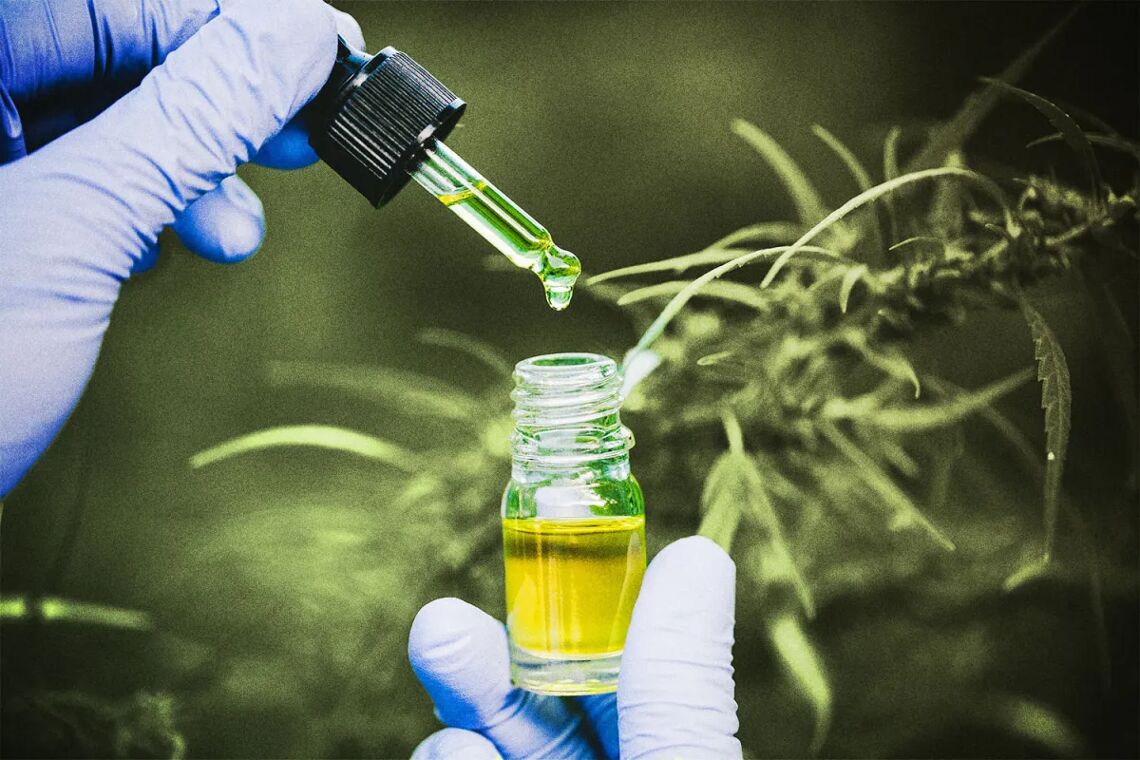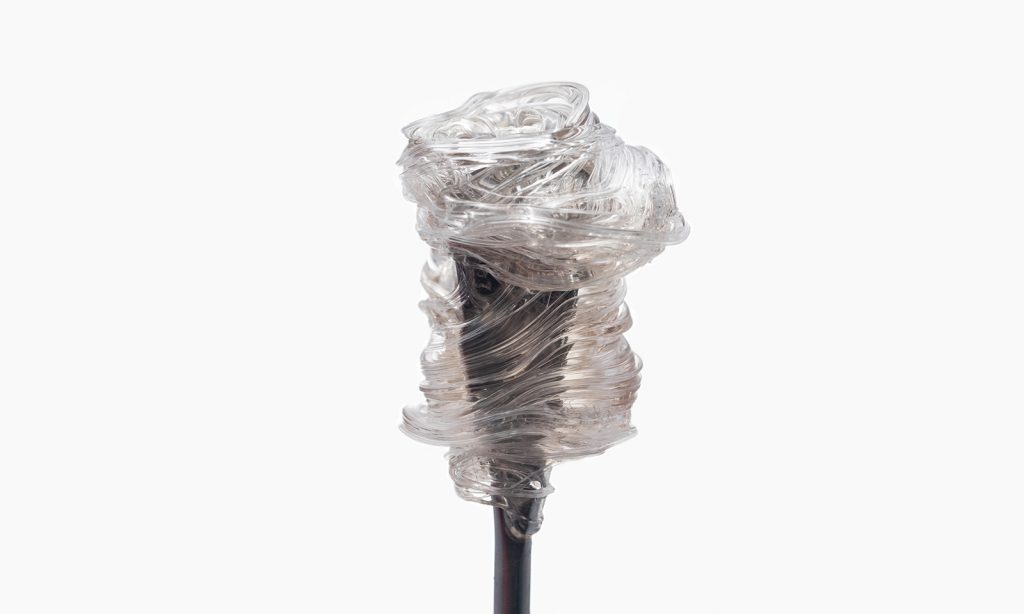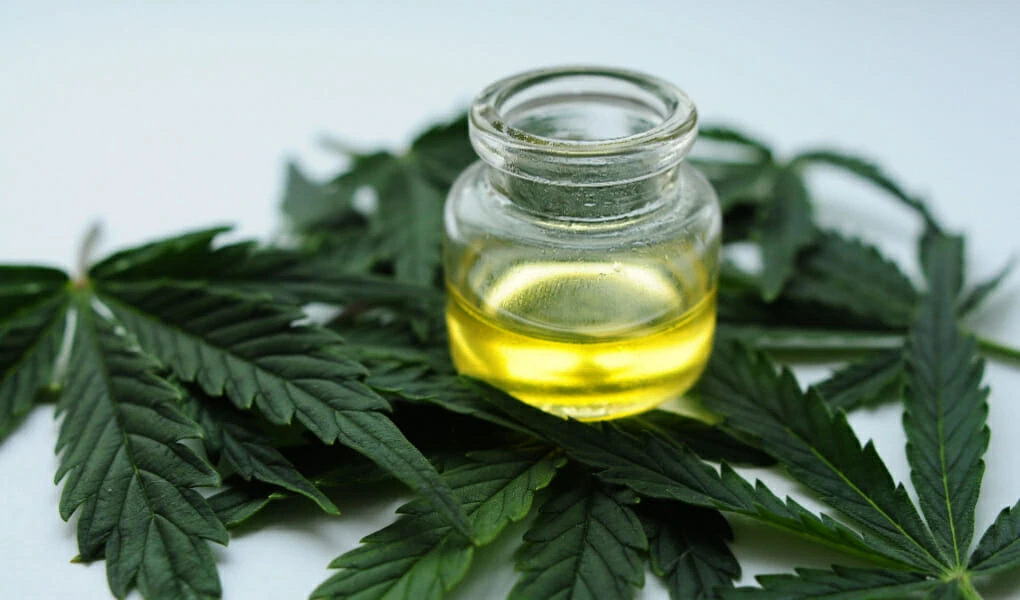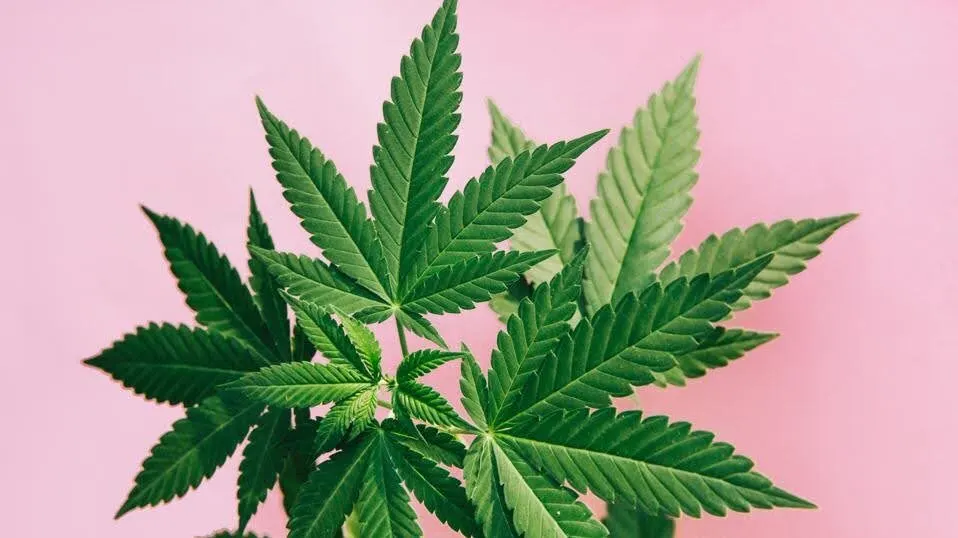Delta 10 Vs Delta 11: Understanding the Differences and Benefits

Table of Contents
Delta 10 and Delta 11 have been gaining significant attention in recent years when it comes to cannabinoids. These lesser-known compounds are beginning to capture the interest of cannabis enthusiasts and industry professionals alike. In this article, we will explore these cannabinoids individually, discussing how they are made, their benefits, and how they differ.
What is Delta 10?

Delta 10 is a naturally occurring cannabinoid found in cannabis plants. It is one of the many compounds in the plant's resinous trichomes. However, Delta 10 is typically present in much smaller quantities compared to other cannabinoids such as Delta 9 THC or CBD.
How is Delta 10 made?
Delta 10 is not readily available in significant amounts in raw cannabis flowers. Instead, it is usually created through a process known as isomerization. Isomerization involves the conversion of one chemical compound into another with the same molecular formula but a different structure.
In the case of Delta 10, the conversion primarily occurs from CBD or CBG. First, CBD, or CBG, is extracted from the cannabis plant. Then, it undergoes various chemical reactions, such as exposure to certain acids or solvents, to alter its molecular structure and convert it into Delta 10.
Benefits of Delta 10
Despite being considered the least potent cannabinoid, Delta 10 offers potential benefits. One of the primary advantages reported by users is its ability to induce relaxation and calmness without the intense psychoactive effects associated with other cannabinoids. Some users claim that Delta 10 helps them unwind and de-stress without feeling overwhelmed or "too high."
Delta 10's milder properties make it an appealing option for individuals seeking therapeutic benefits without the intensity of a deep high. It may help promote well-being and alleviate anxiety or tension, making it a popular choice for those looking for a more balanced experience.
What is Delta 11?

Delta 11, also known as Delta 11 THC, is another lesser-known cannabinoid that has gained attention for its potential psychoactive effects. While Delta 9 THC is the most well-known psychoactive compound in cannabis, Delta 11 is thought to be even more potent in terms of its psychoactive properties. Many experts believe that Delta 11 is at least three times more powerful than Delta 9 THC.
How is Delta 11 made?
Delta 11 is not typically found in high concentrations in raw cannabis flowers. However, it can be created through oxidation or heat exposure. When Delta 9 THC is exposed to air or heat, it can naturally convert into Delta 11 THC, resulting in a more potent and potentially euphoric compound.
Benefits of Delta 11
While experts generally believe Delta 11 to be one of the more powerful cannabinoids in terms of its psychoactive effects, its potential benefits extend beyond just euphoria. Users have reported experiencing deep phases of euphoria and altered perception when consuming Delta 11. These effects may appeal to individuals seeking a more intense and immersive experience.
Additionally, Delta 11 may have potential therapeutic benefits similar to other cannabinoids. It is thought to possess anti-inflammatory, analgesic, and neuroprotective properties, although more research is needed to confirm these claims. Some users also report that Delta 11 may help with conditions such as chronic pain, but further studies are required to explore its full potential.
Differences between Delta 10 and Delta 11

While both Delta 10 and Delta 11 are cannabinoids, they differ significantly in terms of potency and effects. Delta 11 is generally considered to be much more potent than Delta 10, with experts believing it to be at least three times more powerful than Delta 9 THC. This makes Delta 11 more likely to induce intense euphoria and alter perception, providing a more immersive psychoactive experience.
On the other hand, Delta 10 is typically referred to as the least potent cannabinoid. It is known for providing a more subtle and milder experience. Unlike Delta 11, Delta 10 is less likely to induce deep phases of euphoria or alter perception to the same extent. Instead, it is often associated with a calming effect, helping individuals relax without a sense of "escaping your body in a deep high."
The differences in potency and effects between Delta 10 and Delta 11 make them suitable for different purposes and preferences. Some users may prefer the milder experience offered by Delta 10, as it allows them to unwind and experience relaxation without feeling overwhelmed. On the other hand, individuals seeking a more intense and euphoric experience may opt for Delta 11.
Best Place To Find Delta 10 & Delta 11 Products?
Discover the ultimate destination for all your cannabinoid product needs at Mellow Fellow. Their expert team of Ph.D. chemists, innovative pharmacists, and determined cannapreneurs ensures safe and trusted cannabis products. With decades of experience in pharmaceuticals, chemistry, and cannabis, Mellow Fellow offers the most reliable options.
They prioritize ethical lab practices, consumer safety, and cutting-edge formulations. Known for their top-quality Delta 8 oil, Mellow Fellow's family affair sets them apart. Experience their proprietary blends for safety, joy, and relaxation while prioritizing customer well-being. Use code LIVELIVE for a 20% discount on your first order. Trust Mellow Fellow for all your cannabinoid needs.
Delta 10 Vs Delta 11 - Conclusion
Delta 10 and Delta 11 are lesser-known cannabinoids that have gained attention for their unique properties. While Delta 11 is considered to be more potent and psychoactive, Delta 10 offers a milder, calming experience. Both cannabinoids have potential therapeutic benefits and may appeal to individuals based on their desired effects. However, it's essential to note that everyone reacts differently to cannabinoids, and it's always best to consult with a healthcare professional before incorporating them into your routine.
Disclaimer: The information provided in this article is for informational purposes only and should not be taken as medical or legal advice. The content is not intended to substitute for professional consultation with a qualified healthcare or legal professional. Always seek the advice of a healthcare or legal professional regarding any questions or concerns you may have regarding your health or the legality of cannabinoids in your jurisdiction.












